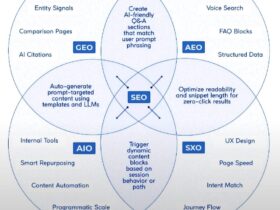In today’s digital age, social media platforms have revolutionized the way businesses connect with their audience. Among these platforms, Facebook stands out as a pioneer and leader in the realm of social media marketing. So, what factors have contributed to the fame and widespread adoption of Facebook marketing?
Introduction to Facebook Marketing
Facebook, founded by Mark Zuckerberg in 2004, started as a social networking platform for connecting people. Over the years, it evolved into a powerful marketing tool for businesses of all sizes.
The Growth of Social Media Marketing
With the rise of social media platforms, marketing strategies shifted towards digital channels. Social media marketing emerged as a cost-effective way for businesses to engage with their target audience directly.
Facebook’s Dominance in Social Media
Among the myriad of social media platforms, Facebook has emerged as a dominant force, boasting billions of active users worldwide. Its extensive reach and diverse user base make it an attractive platform for marketers.
Accessibility and Reach of Facebook
One of the primary reasons for Facebook’s popularity in marketing is its accessibility. Businesses can create a presence on Facebook with minimal resources and reach a vast audience instantly.
Diverse Targeting Options
Facebook offers sophisticated targeting options, allowing advertisers to tailor their campaigns based on demographics, interests, behaviors, and more. This level of precision targeting ensures that ads are shown to the most relevant audience.
Cost-Effectiveness of Facebook Ads
Compared to traditional advertising channels, Facebook ads are remarkably cost-effective. Businesses can set flexible budgets and bid strategies, ensuring maximum ROI for their marketing campaigns.
Engaging Ad Formats
Facebook provides a variety of ad formats, including image ads, video ads, carousel ads, and more. These visually appealing formats enable businesses to create engaging content that captures users’ attention.
Analytical Tools for Optimization
Facebook’s robust analytics tools provide valuable insights into campaign performance. Marketers can track key metrics, measure conversions, and optimize their ads for better results.
Integration with Other Platforms
Facebook’s integration with other platforms, such as Instagram and Messenger, extends its reach even further. Businesses can seamlessly run cross-platform campaigns, enhancing their visibility and engagement.
Influence of Influencer Marketing
Influencer marketing has become a prominent strategy on Facebook, with influencers endorsing products and services to their followers. This form of social proof can significantly impact purchasing decisions.
Community Building and Brand Loyalty
Facebook enables businesses to build communities around their brands, fostering a sense of belonging and loyalty among followers. Engaging content, discussions, and interactions strengthen brand-consumer relationships.
Success Stories of Facebook Marketing
Numerous success stories showcase the effectiveness of Facebook marketing. From small businesses to multinational corporations, many have leveraged Facebook’s platform to achieve remarkable growth and success.
Challenges and Adaptations
Despite its popularity, Facebook marketing also presents challenges such as algorithm changes, ad fatigue, and evolving consumer behaviors. Marketers must adapt their strategies to stay relevant and effective.
Future Trends in Facebook Marketing
Looking ahead, the landscape of Facebook marketing is expected to continue evolving. Trends such as augmented reality ads, chatbots, and personalized experiences are likely to shape the future of marketing on the platform.
In conclusion, Facebook marketing has become famous due to its unparalleled reach, diverse targeting options, cost-effectiveness, and engagement capabilities. As businesses navigate the dynamic digital landscape, leveraging Facebook’s platform effectively can lead to sustained growth and success.
- Is Facebook marketing suitable for all businesses?
While Facebook marketing can benefit a wide range of businesses, its effectiveness depends on factors such as target audience demographics, industry, and marketing objectives.
- How can businesses measure the success of their Facebook marketing campaigns?
Businesses can measure the success of their campaigns through key performance indicators (KPIs) such as reach, engagement, conversions, and return on ad spend (ROAS).
- What are some common mistakes to avoid in Facebook marketing?
Common mistakes in Facebook marketing include neglecting audience targeting, using irrelevant or poor-quality content, and failing to track and analyze campaign performance.
- How often should businesses post on Facebook?
The frequency of posting on Facebook depends on factors such as audience engagement levels, content quality, and marketing goals. It’s essential to find a balance between consistency and spamming.
- What are some emerging trends in Facebook marketing to watch out for?
Emerging trends in Facebook marketing include the rise of video content, the importance of social commerce, the integration of messaging apps for customer service, and the adoption of immersive technologies like augmented reality.







1 Comment